-
ABOUT US
-
ACADEMICS
Curriculum Program
Departments
- English
- High School Chinese
- Primary and Junior School Chinese.
- High School Mathematics
- Middle School Mathematics
- Primary School Mathematics
- Music and Fine Arts
- Physical Education
- Physics
- Chemistry
- History and Geography
- Physical Science and Optional courses Department
- Middle School Biology
- High School Biology
- Social Sciences
- Computer Science
- Courses in Primary School
Achievements and Matriculations
College Counseling
Science & Technology Innovation Contest
Subject Competition
-
ARTS
-
ATHLETICS
-
AT SHSID
SHSID ∣ TIMES
PTSA
Club Exhibition
- 龙吟社
- Live 2 Drama
- Choir
- Hip-pop Dance Club
- The Primary School Dance Troupe
- Symposiums Club
- Biology Workshop
- You Shan
- VEX Robotic
- Peking Opera Club
- Baseball Club
- Model United Nations
- The World Scholar’s Cup
- Future Problem Solving Club
- United States Academic Pentathlon
- OM Club
- AMC Club
- Music for Patients
- SHSID Gazette
- Smile Charity
- Cultural Moments
- SciAcademy
- Stem Doge Alliance
- Chinese Debate Club
- IAA
- Mock Trial Club
- Zhengming Club
- Furry Friends
- GT-Racing
- Village Radio
- IMMC Club
- Creative Design and Intelligent Fabrication
- Future City Research Project
- ECOCAP
- AdvocaSEA
- SPDC
- Medishine
- Floorball Club
- Animusic MTC
- Wings Up
- All Booked
- Cyano
- Birding Community
Health and Wellness
Campus Safety
Cafeteria Service
-
ADMINISTRATION
-
ADMISSIONS
-
ALUMNI
Alumni Information
Honors Students
- Class of 2025
- Class of 2024
- Class of 2023
- Class of 2022
- Class of 2021
- Class of 2020
- Class of 2019
- Class of 2018
- Class of 2017
- Class of 2016
- Class of 2015
- Class of 2014
- Class of 2013
- Class of 2012
- Class of 2011
- Class of 2010
- Class of 2009
- Class of 2008
- Class of 2007
- Class of 2006
Who Studied at SHSID
SHS Foundation
-
DOCUMENTS
Brief Introduction
The STEAM Advisor Office in SHSID High School
The STEAM Advisor Office in SHSID High School offers our students diverse opportunities to explore their potentials in science and innovation, STEAM activities and challenges.
Project-based Learning (PBL) is a curriculum started from 2017, utilizing teaching method in which students gain knowledge and skills by working for an extended period of time to investigate and respond to an authentic, engaging and complex question, problem, or challenge. Students are required to combine theoretical knowledge, hands-on skills and scientific thinking, which would guide them through the accumulation and consolidation of subject knowledge, laboratory work, reference literature searching, academic-styled writing, etc.
The STEAM Advisors recommend lots of academic activities and challenges, including some international challenges such as International Olympiads, as well as the activities officially admitted by Minister of Education, such as the S.T. Yau’s Science Awards. With the guidance from the teachers, students greatly enhanced their capacities in science and innovation.
Besides, the office also hold important science activities throughout the high school, such as Science Fair, academic lectures, and STEAM clubs. Science Fair is the annual carnival of science. Students will show their achievements and listen to the lectures from experts. Through these activities, they widen their horizons, as well as improve their scientific endeavor.
The STEAM Advisors try the best to offer more opportunities to the students, together with all the other departments in SHSID. More and more SHSID students are developing their academic potential via their excellent high school life.
Office: Zhongxing Building
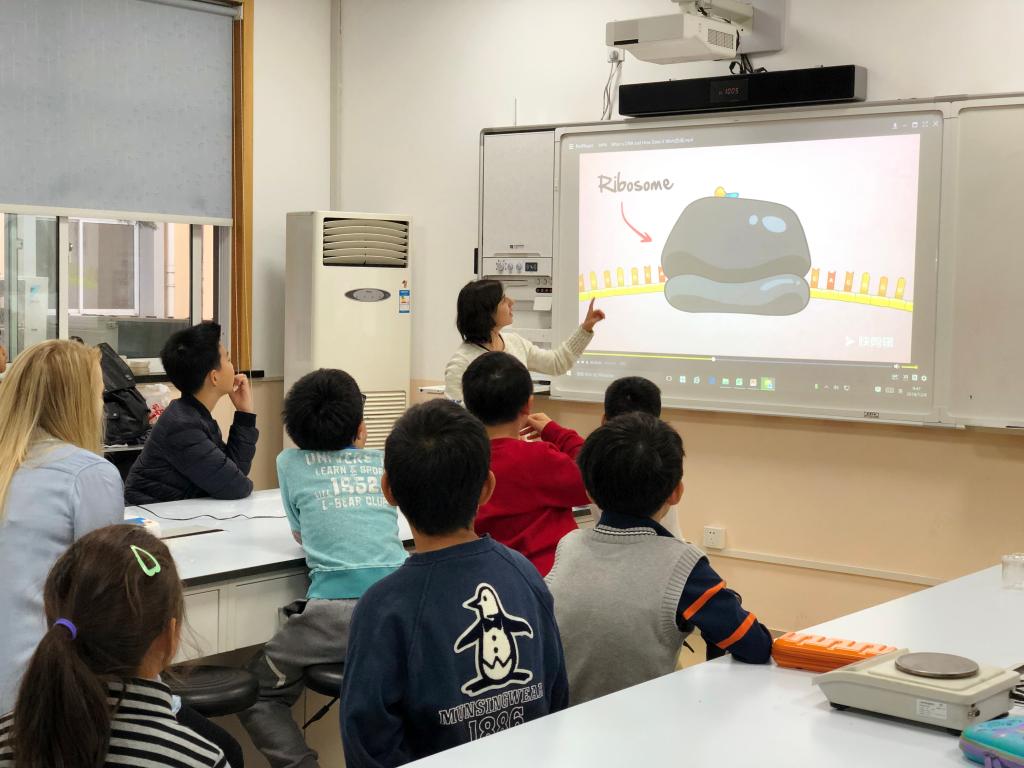
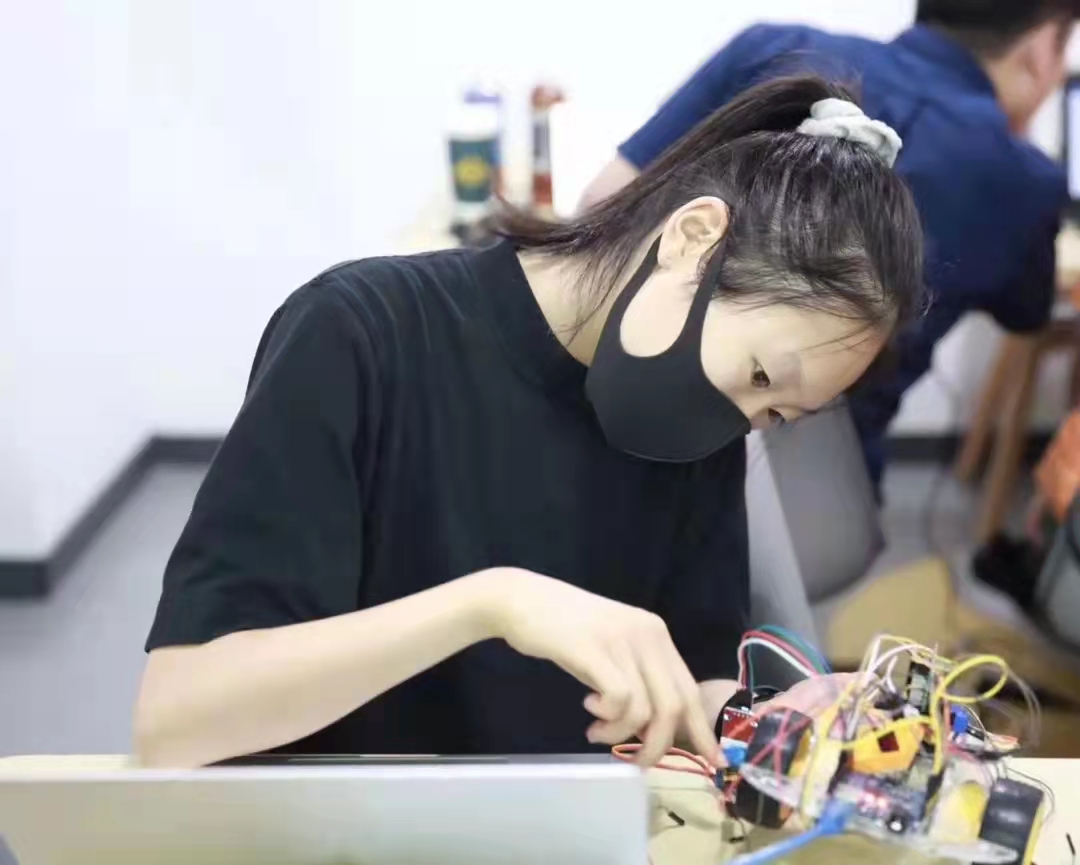
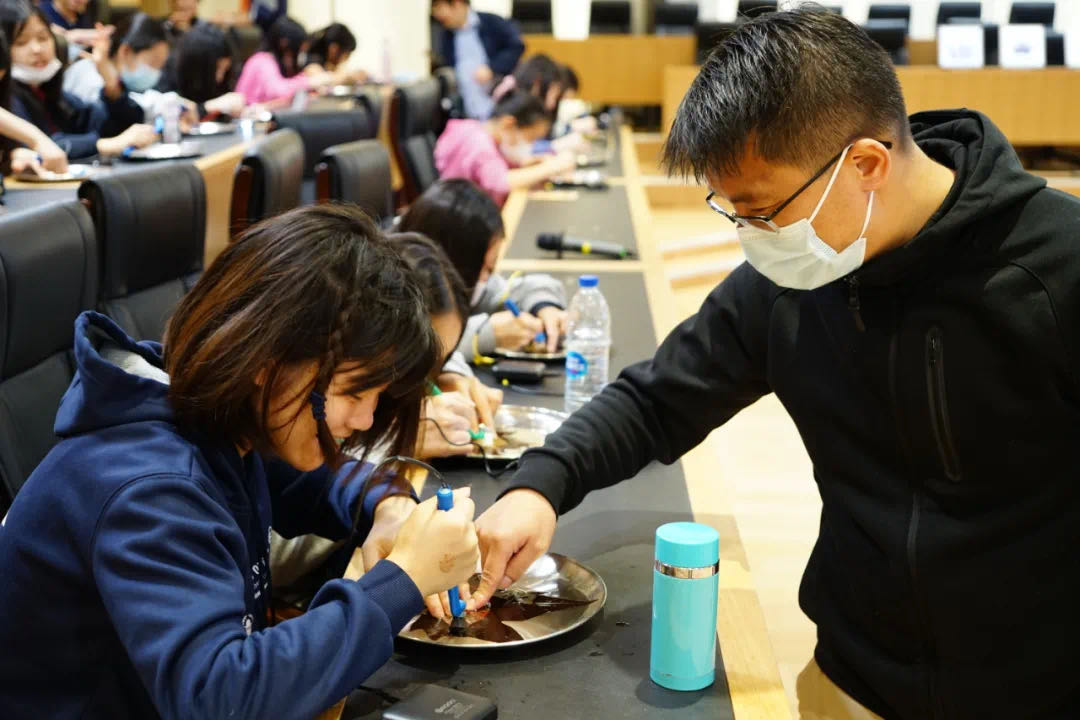
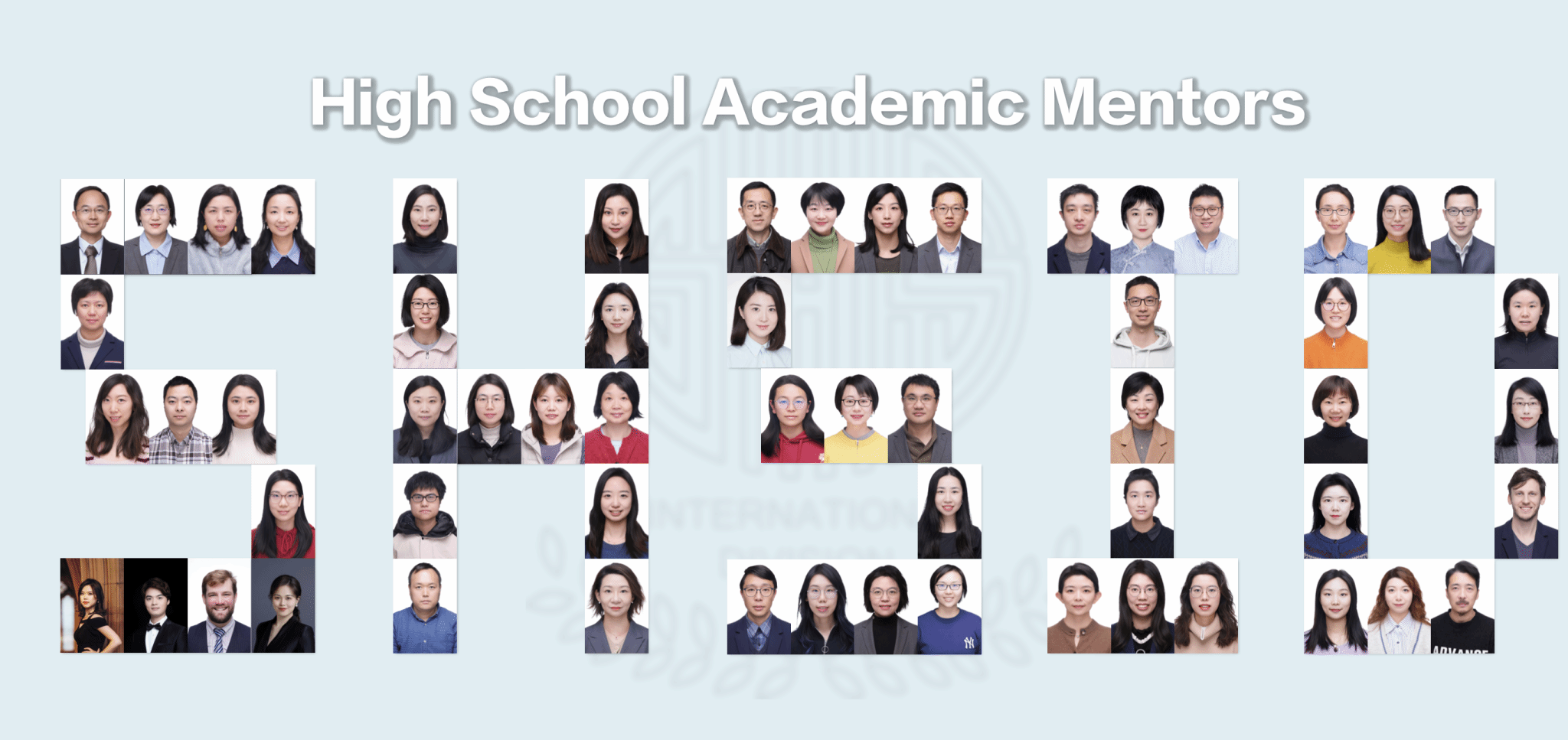
Creative and Innovative Courses at Middle and Primary School
Let the Curriculum Follow the Possibilities of Every Child
At our school, we believe that every child’s potential deserves to be recognized, and every possibility should be taken seriously. Innovation education is not about following a fixed path, but about building an open, rich, and flexible ecosystem—where the curriculum adapts to each student’s interests and pace of growth, inspiring them to actively explore the world, solve problems, and create new knowledge.
Systematic Support for Student Innovation
With a clear understanding of students' developmental stages, the school has built a comprehensive curriculum and practice framework centered on Science and Innovation Education.
7 Major Fields: Biological Sciences, Environmental Sciences, Engineering & Technology, Physics, Mathematics, Creative Arts, Languages & Social Sciences
150+ Creative Courses, covering 60+ research topics across 4 proficiency levels
32 Specialized Laboratories
~100 students involved in research projects annually, with 60+ innovation outcomes produced each year
Diverse STEAM activities: expert lectures, science tours, school-wide competitions, science fair events
30+ professional partners, including CAS institutes, universities, and research centers
Over 100 experts involved in curriculum co-creation and project mentorship
Featured Programs: "Collaborative Curriculum with Experts", "Laboratory Open Program"
Four-Level Course Progression
STEAM Research Projects:
Students who demonstrate strong academic performance and inquiry skills may undertake personalized STEAM research projects under the joint guidance of both internal and external mentors.
After-School Club Courses:
Selective, topic-based courses in which students engage in semi-open or open project-based learning over a semester or full academic year, conducted in dedicated laboratories.
Short-Term Project Clubs:
Flexible, short- to medium-term opportunities for semi-open or open project-based learning, designed to engage a broad range of participants.
Elective Courses:
Open-enrollment courses with no prerequisites, featuring result-replication experiments, inquiry-based experiments, and semi-open project-based learning modules.
Student Learning Outcomes
Clear self-awareness and intrinsic motivation
Solid foundation in scientific literacy
Creativity and expression through hands-on exploration
Emotional resilience in the face of challenges
Development of patience, persistence, and curiosity
Improved collaboration and communication skills
Broadened interdisciplinary perspectives
Confidence and adaptability for the future
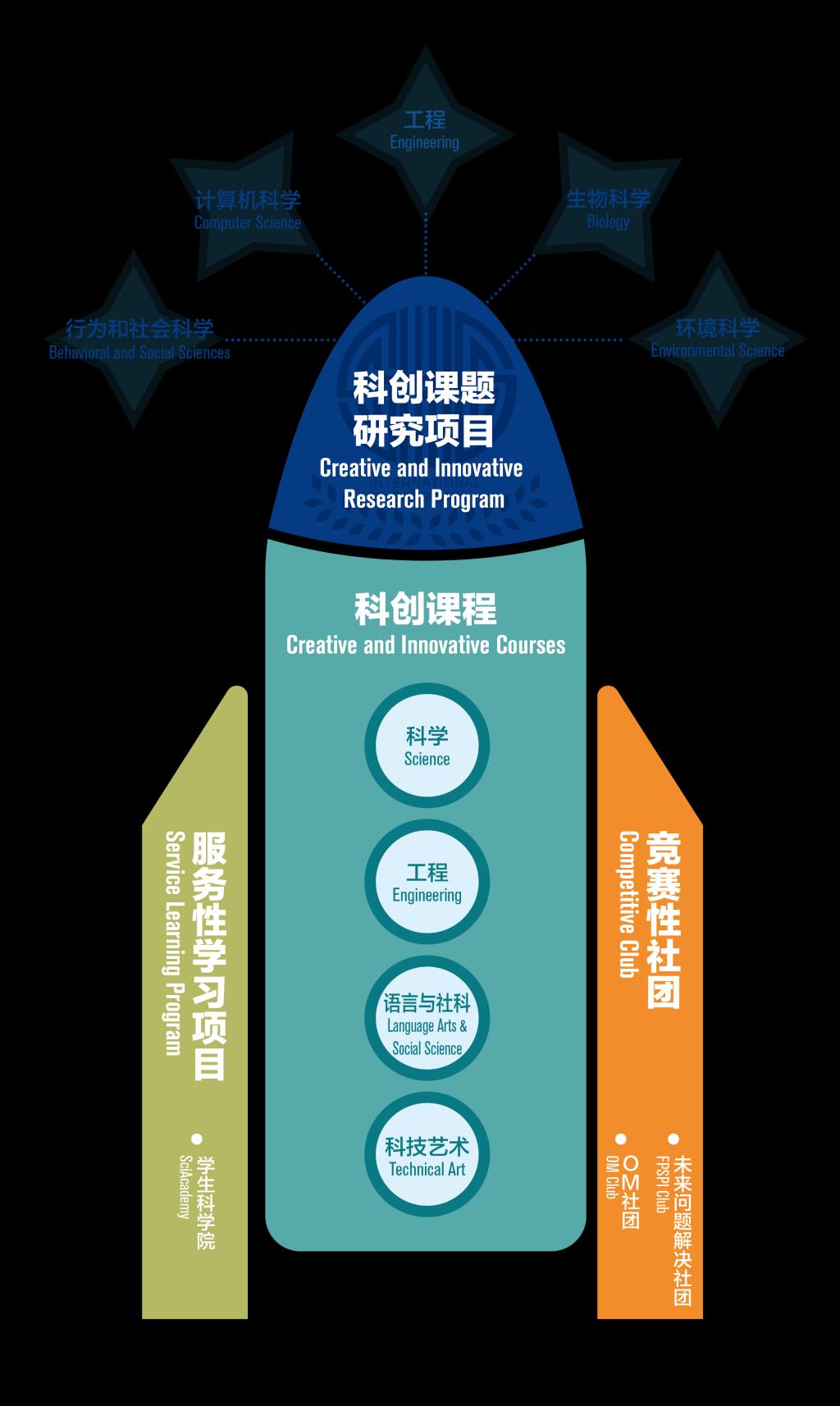
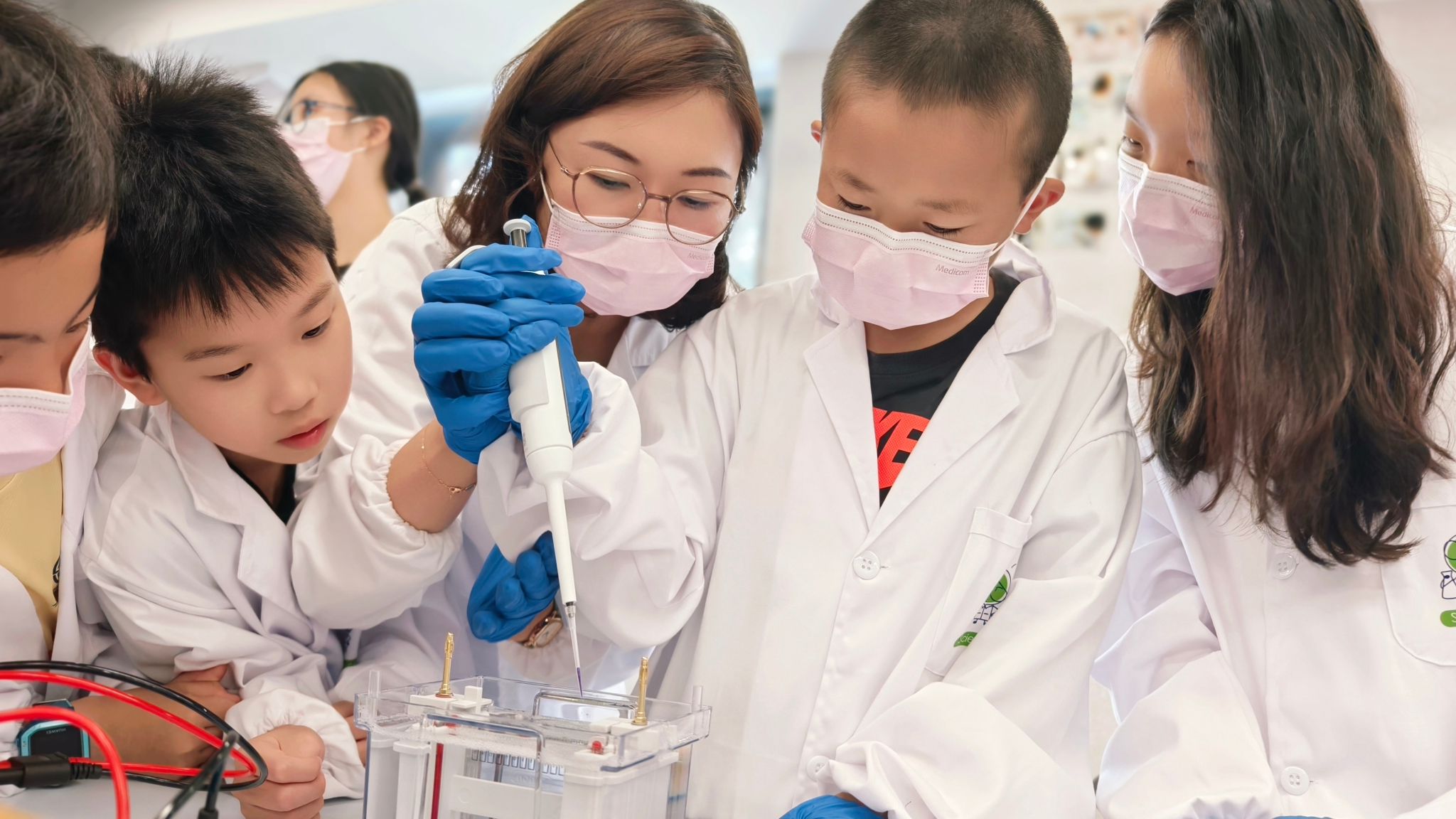
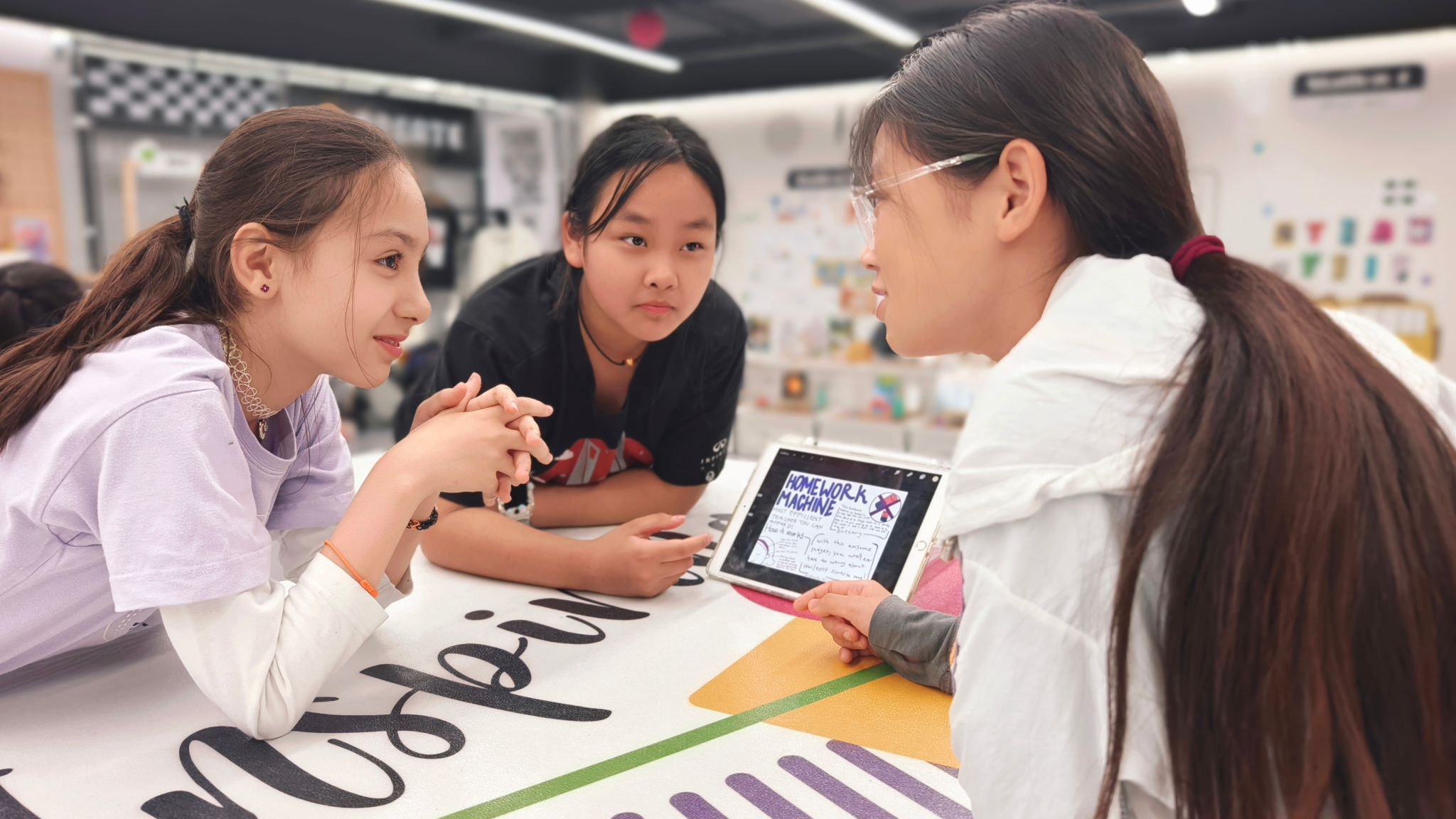
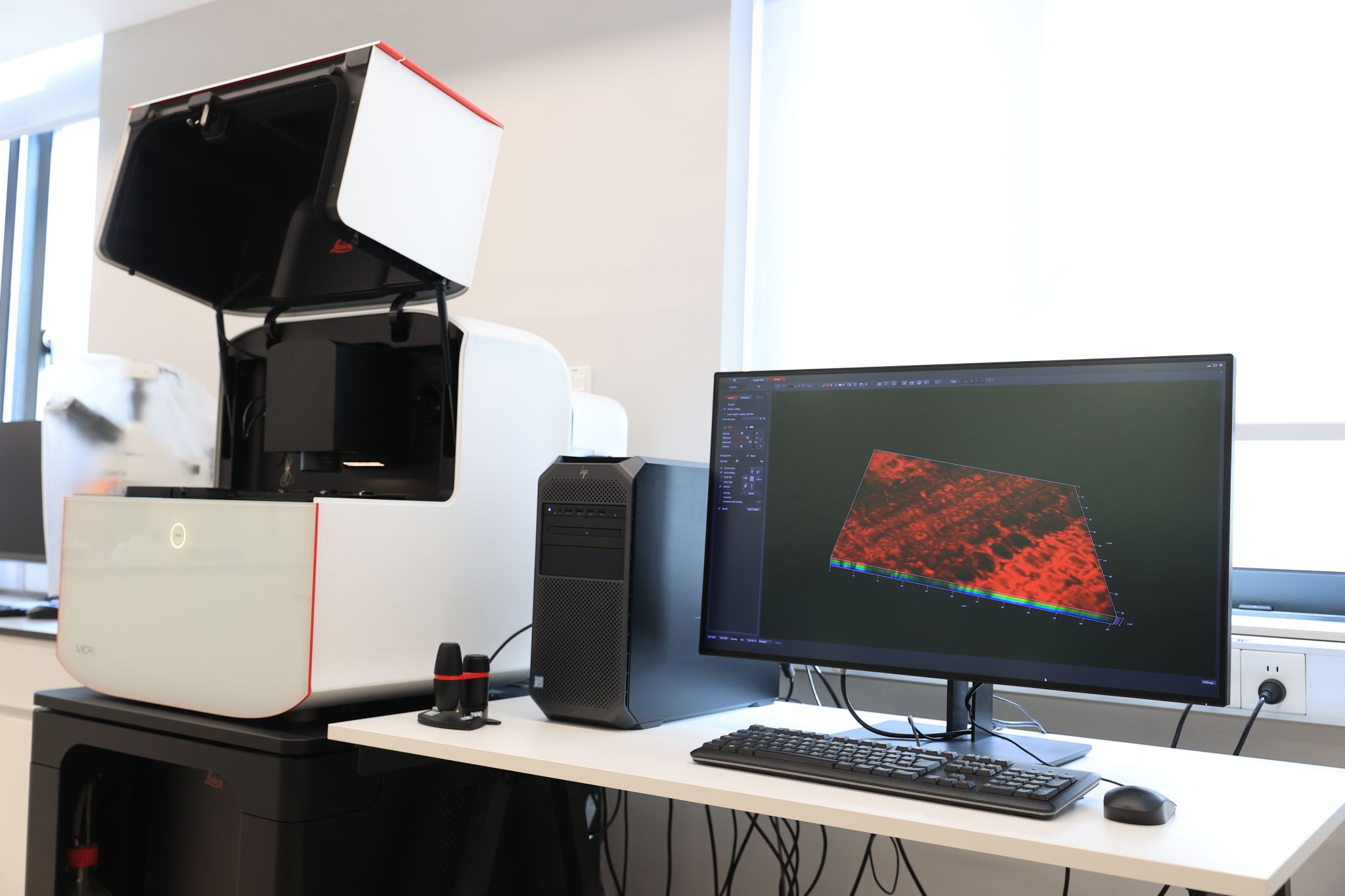
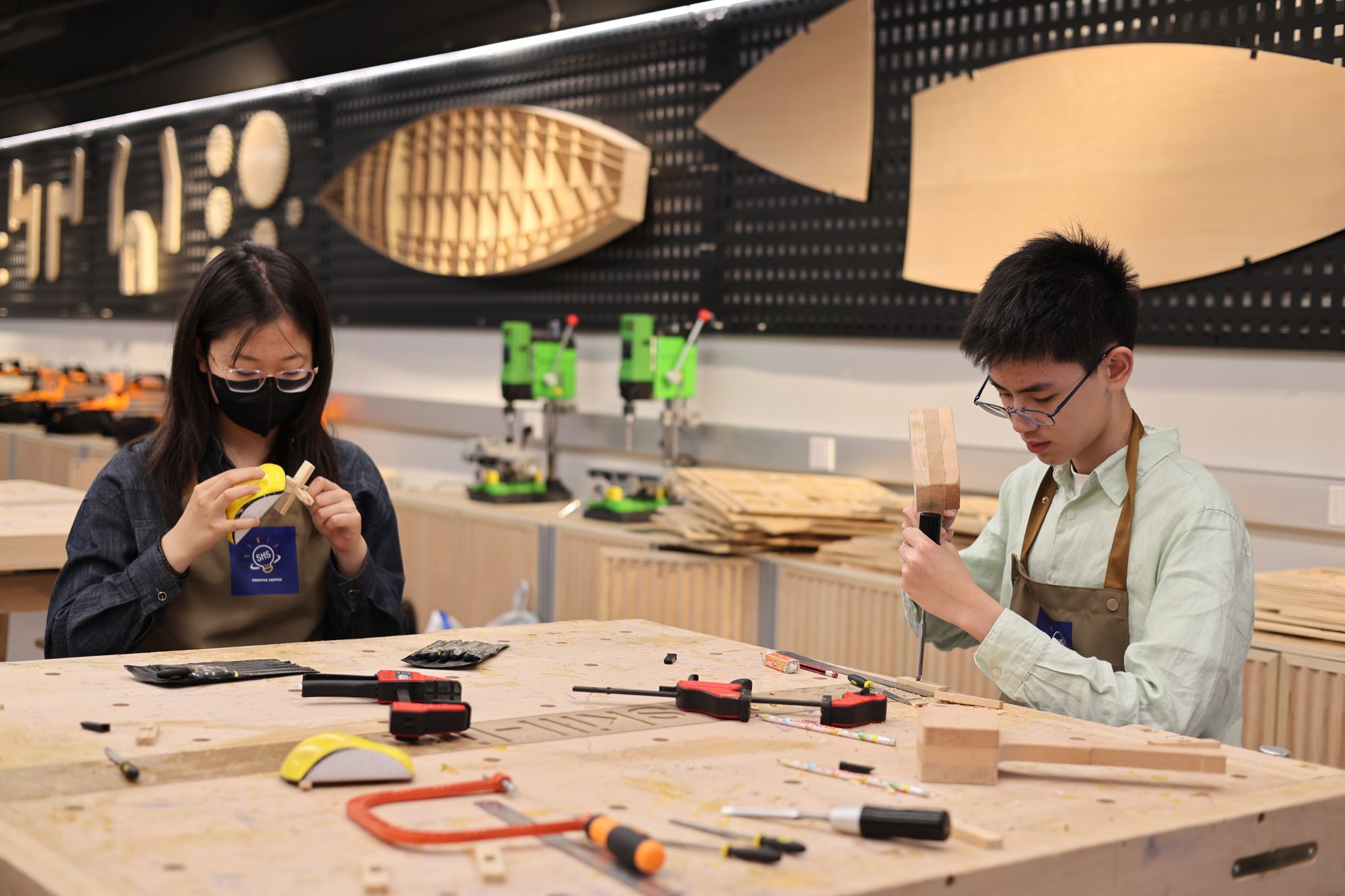
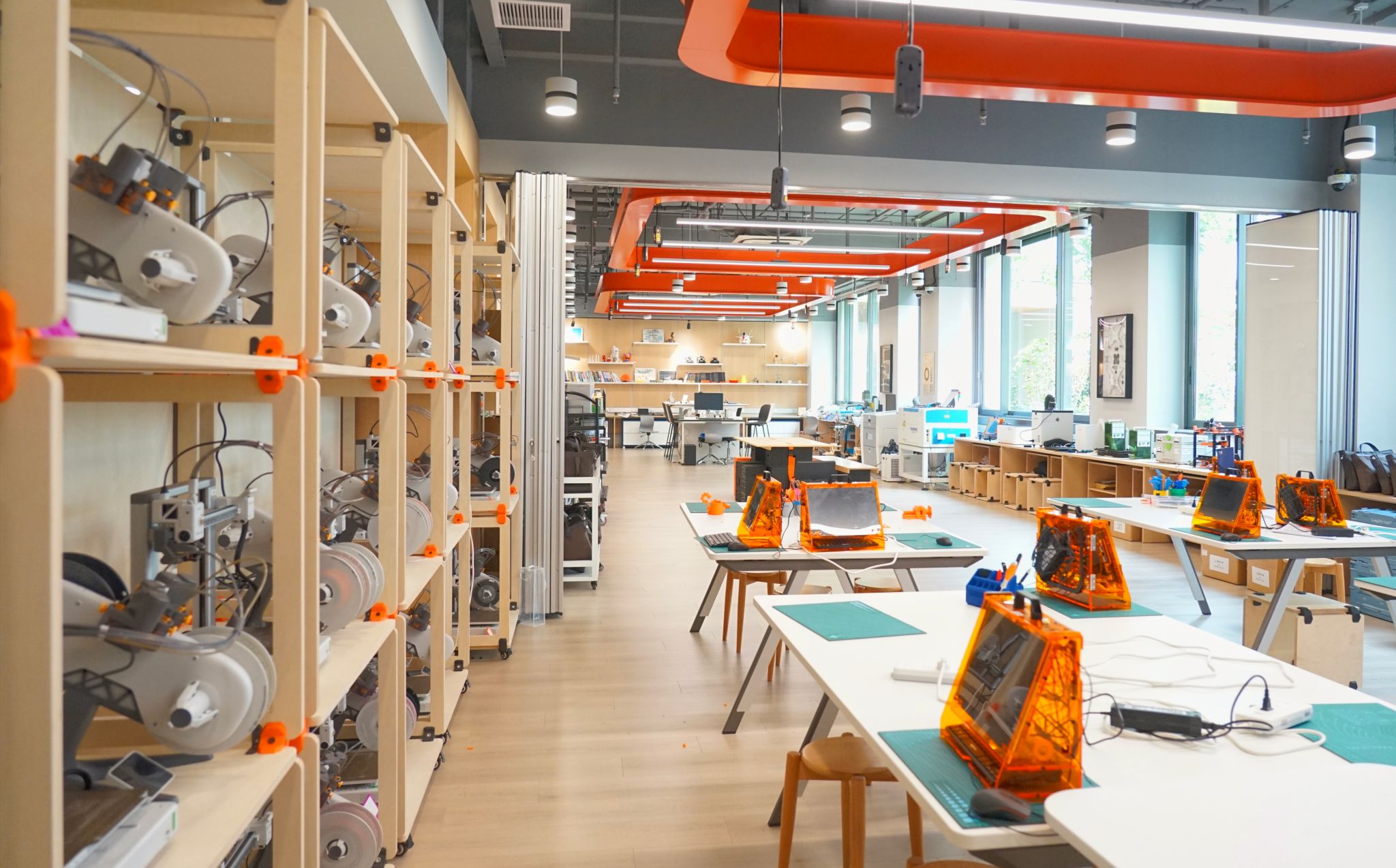
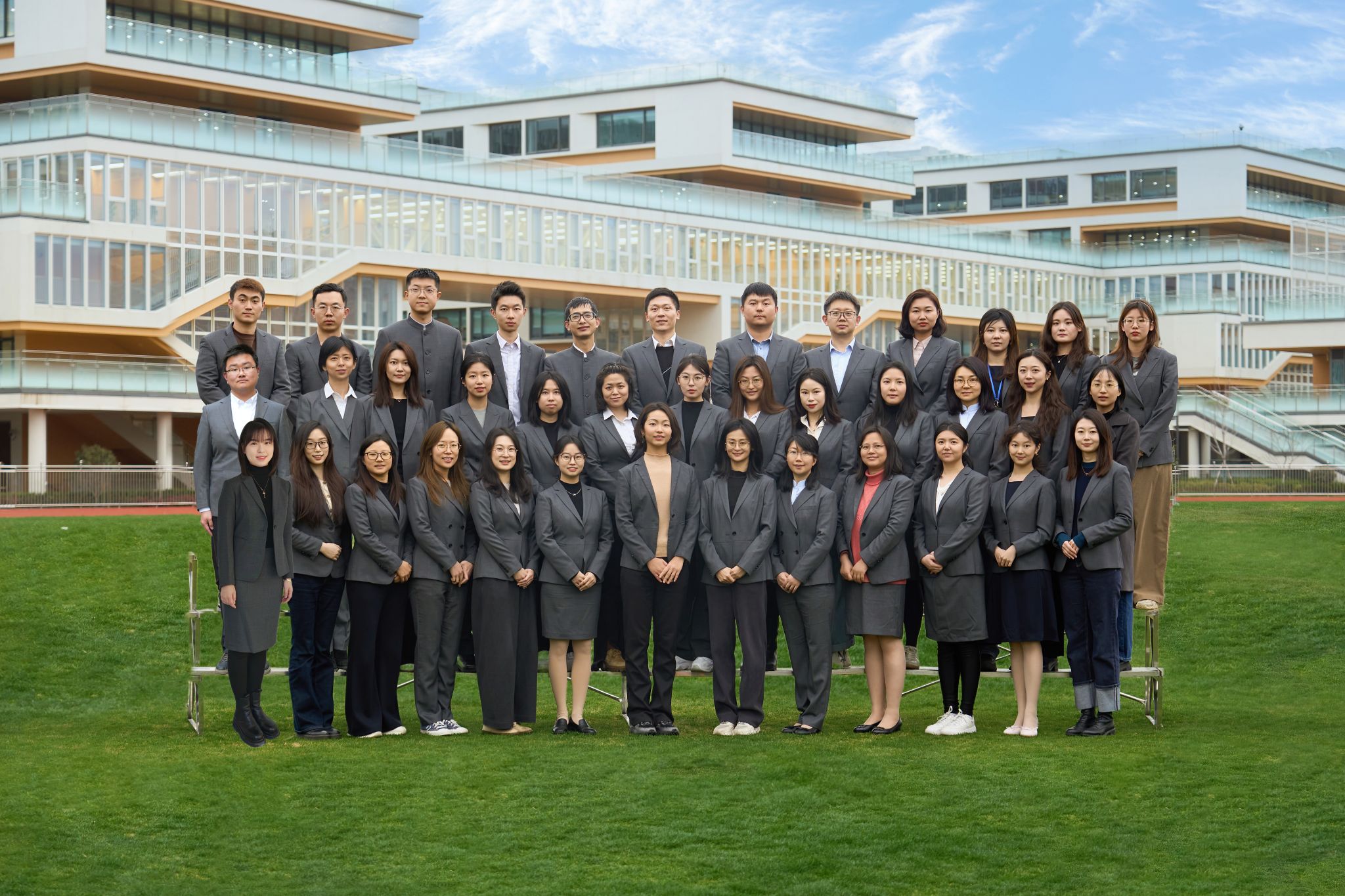
Middle and Primary School Creative Program Department
Third Row: 张宇飞,汤猛,于锡文,谢志,沈孝山,康亮,冯啸天,郭磊,姚昇华,左田雨,赵旋琪,郭陈冰
Second Row: 刘畅,王风华,刘宇,俞书婷,唐佩瑶,施程成,段晓倩,马璐雯,潘莉雯,李秀华,陈璐,孟世悦,王若阳
First Row: 杨溪玥,黄玉佳,田丽姣,李舒浩,孙凡帆 ,于肖雅 ,徐菁,刘铭,杜佳妮,胡荣章,王琦伟,王靖怡,刘轶欧